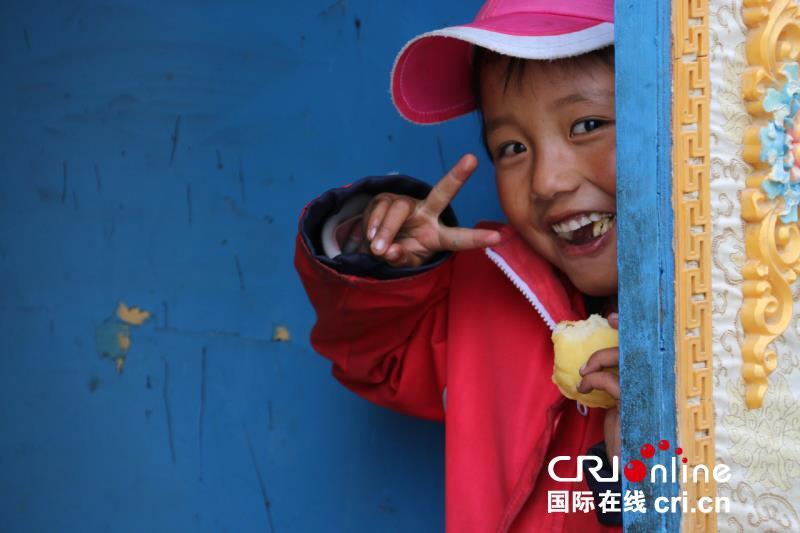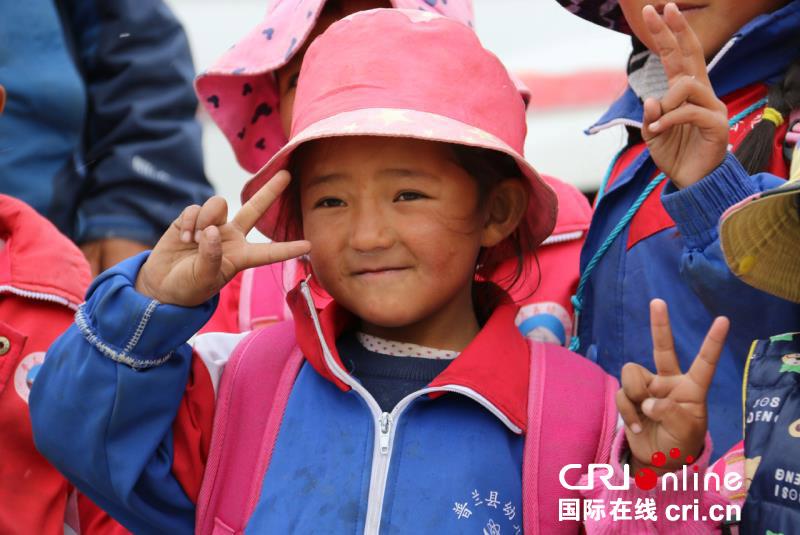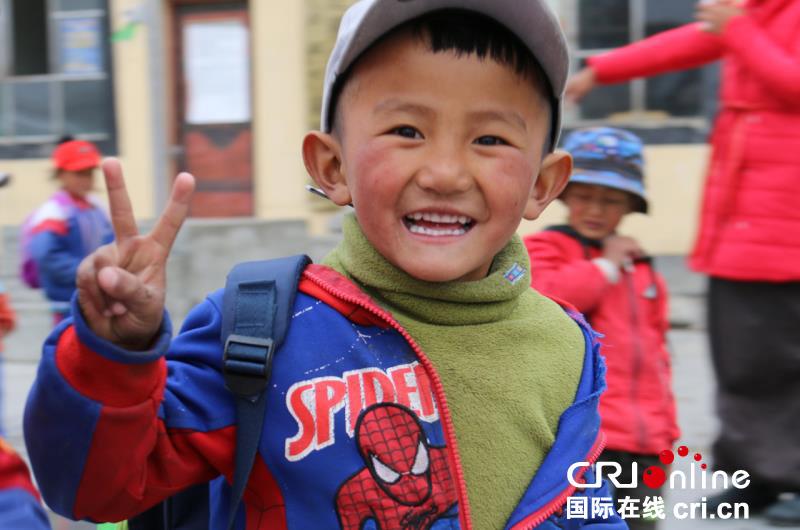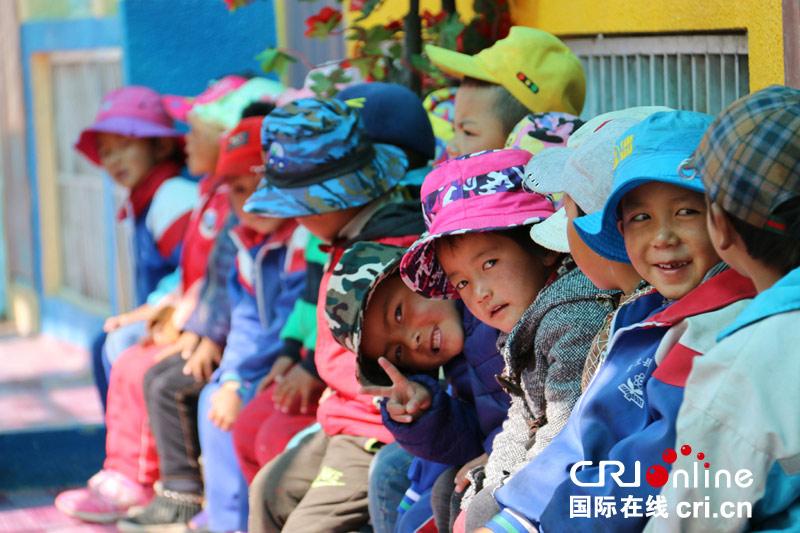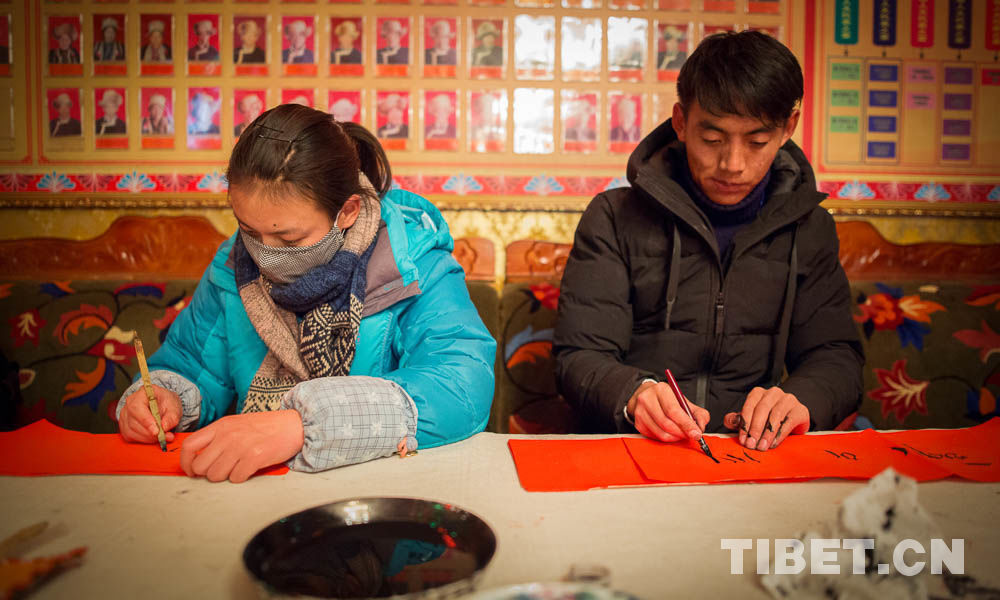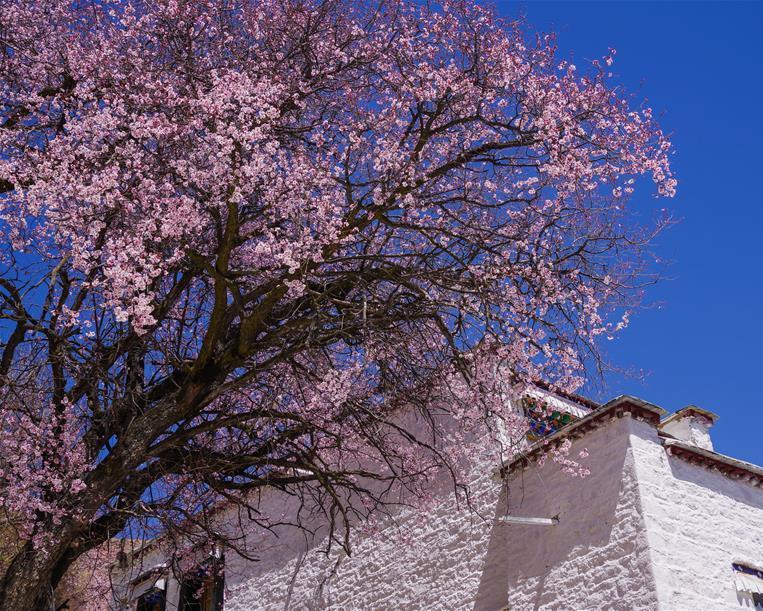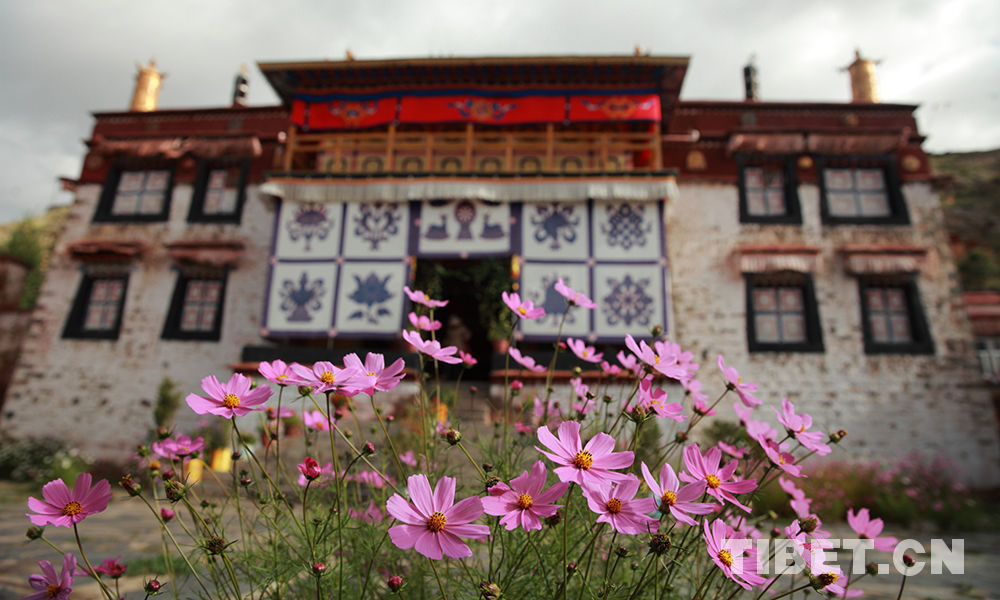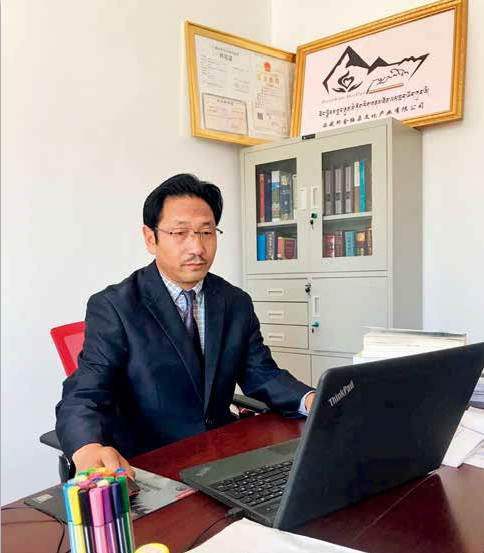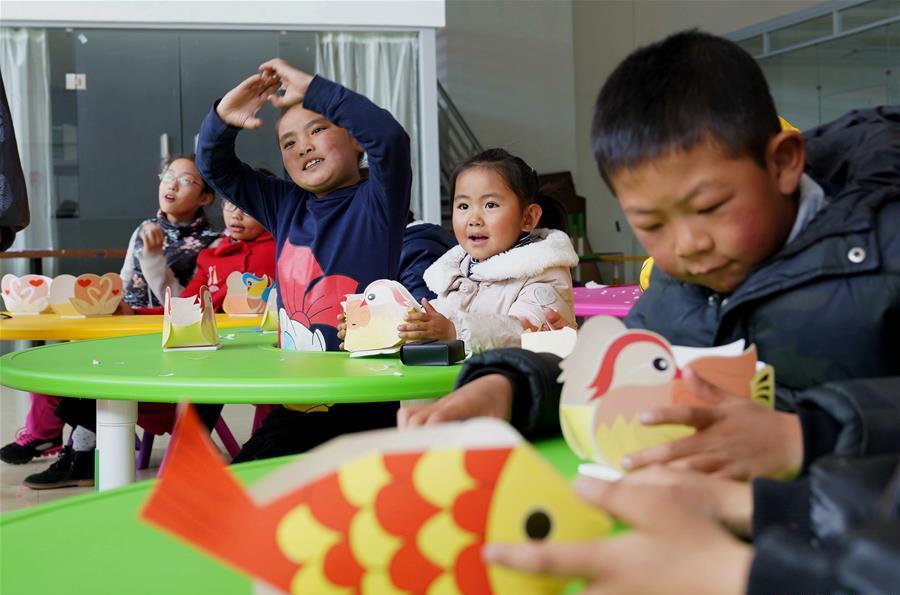Ngari: life is better in Kegya Village
In the past few years, Kegya Village, a village on the border, has had many changes, significantly improving the villagers’ sense of satisfaction. Nyima Duoduo, a 70-year-old resident, said the village now has asphalt roads, running water, a kindergarten, and a medical clinic, solving many old issues.
According to Ngodup, the Secretary of the Kegya Village Party Committee, the village has built a farmers’ construction co-op, a women's co-op, and a Tibetan incense factory of Kegya Monastery, providing many ways of industry support for growing the villagers’ income and getting rid of poverty.
After the kindergarten finished for the day, kids frolicked while some got on their mothers’ electric motorcycle, and others walked home. The kindergarten was built in 2015, before that, preschool education has always been a concern for the villagers.
Kids of Kegya Village
Kids of Kegya Village
Kids of Kegya Village
Kids of Kegya Village
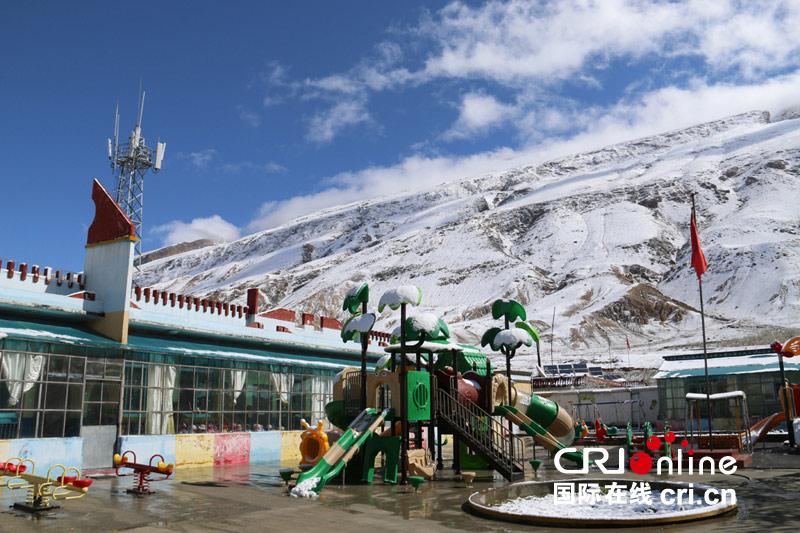
The kindergarten in Kegya Village
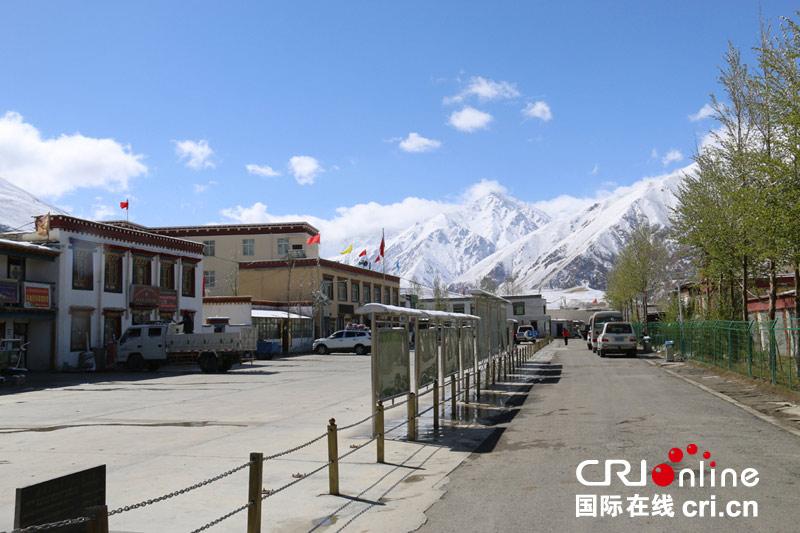
Inside Kegya Village
Your Comment
Name E-mailRelated News
-
-
Gallery: happy kids in Tibet
A group of photos show the happy kids in Tibet.
-
-
Kids from quake-hit Tibet celebrate Int'l Children's Day in Lhasa
To celebrate the International Children's Day, which falls on June 1st every year, 20 children from the quake-hit Nyalam County are invited to celebrate the day with students in Lhasa.
-
-

-
Tibet lifts 260,000 people out of poverty in past two years
Southwest China's Tibet Autonomous Region has lifted 260,000 people out of poverty during the past two years, Qizhala, chairman of the regional government, said Wednesday.
-
-
-

-
Tibet faces decisive poverty battle: official
Tibet has a huge task ahead to reduce by 690,000 the number of people living below the poverty line by 2020.
-
-
-
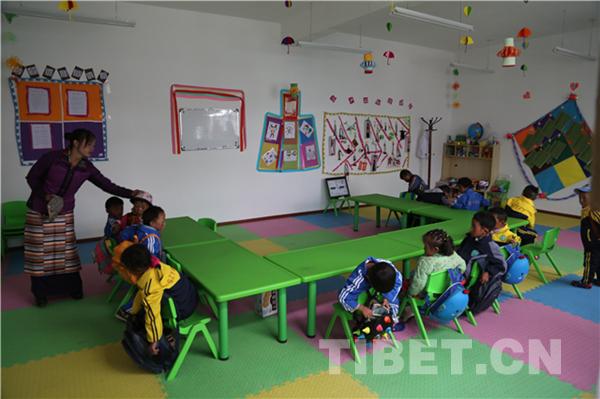
-
Heavenly kindergartens built in remote villages in Tibet
Four-year-old Drolma carries her schoolbag and sets off to school. Today, she got up even earlier than the livestock in her family’s pen, and now holds her mother’s hand as she scampers off to the “new home” at the entrance of the village.
-


